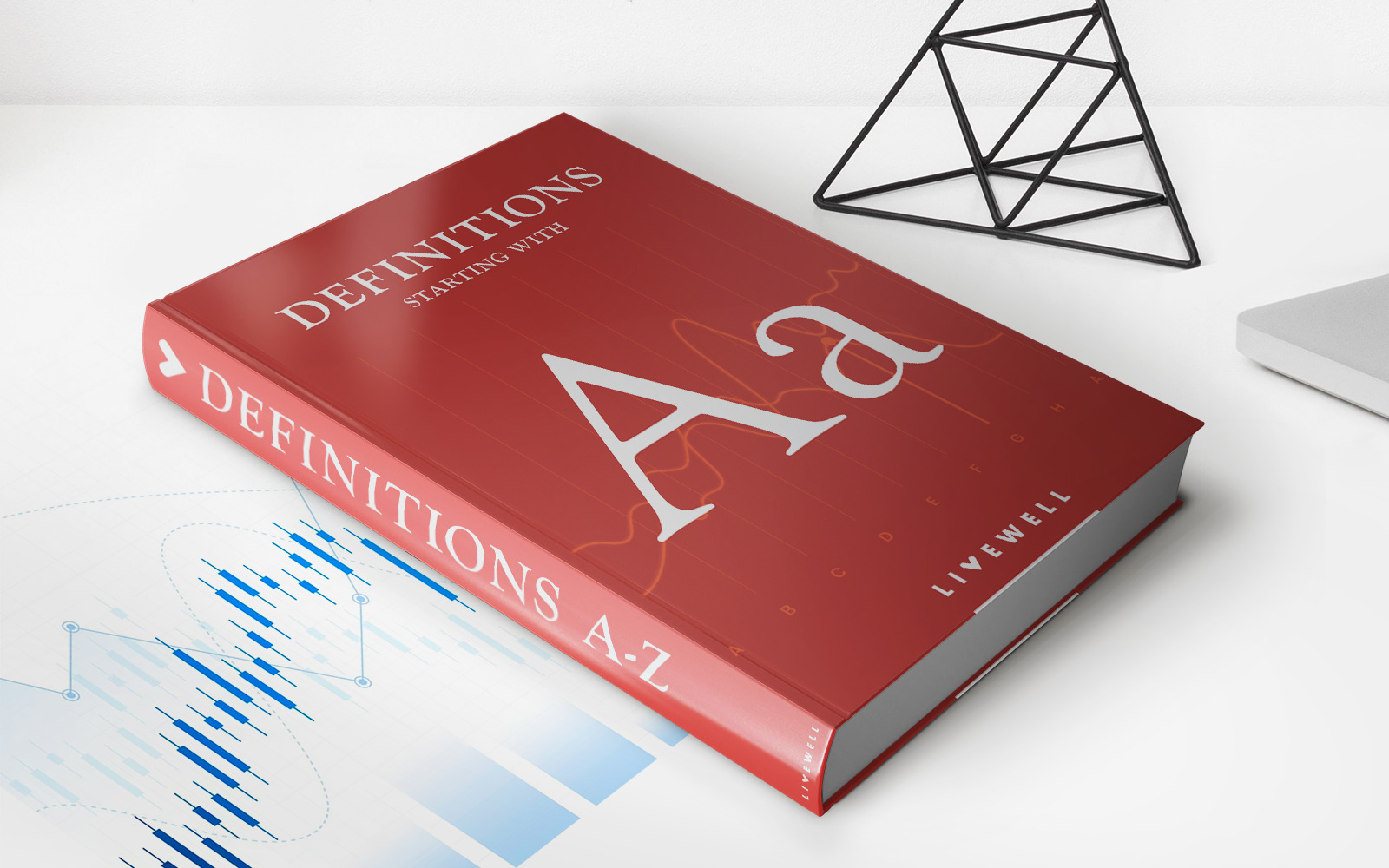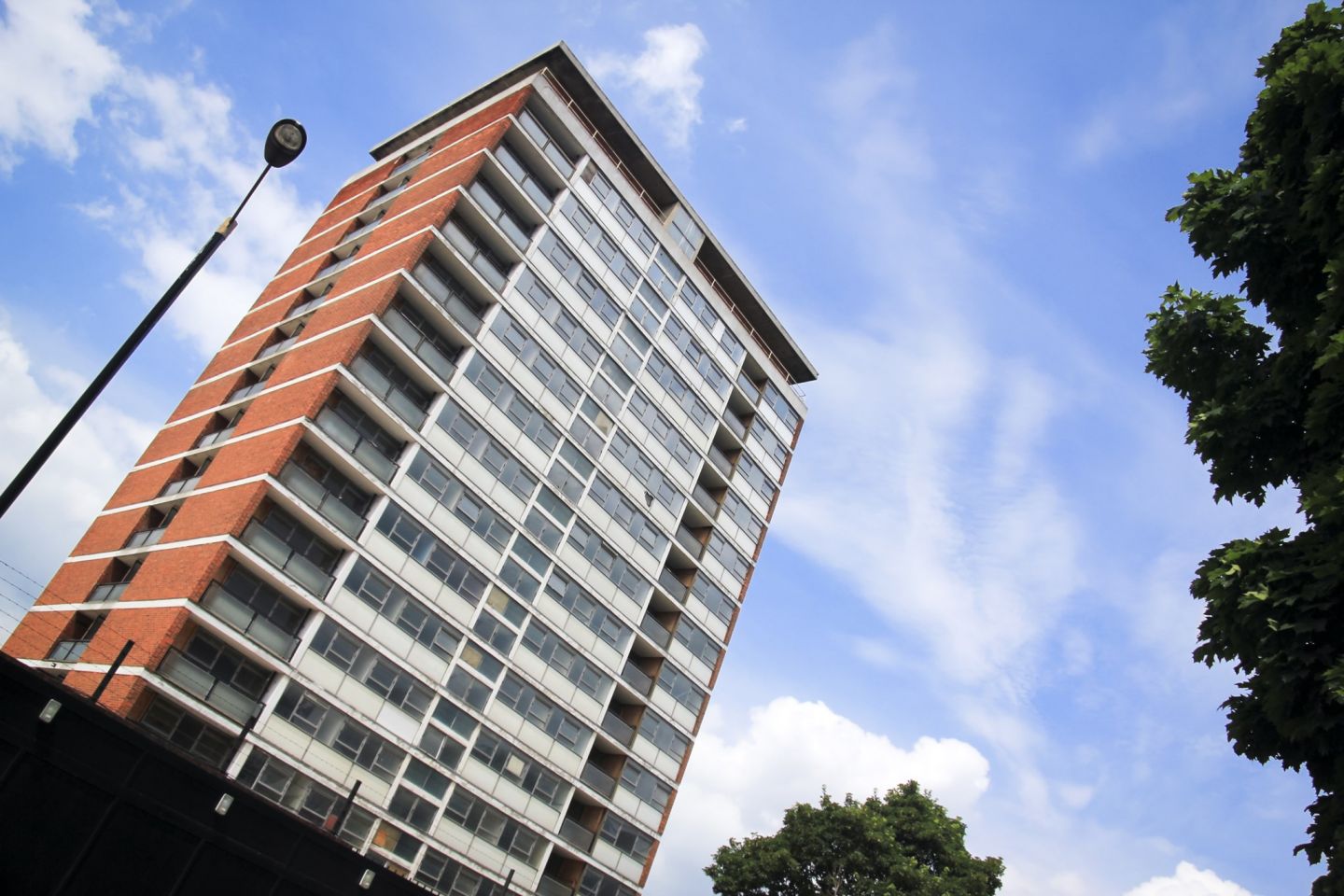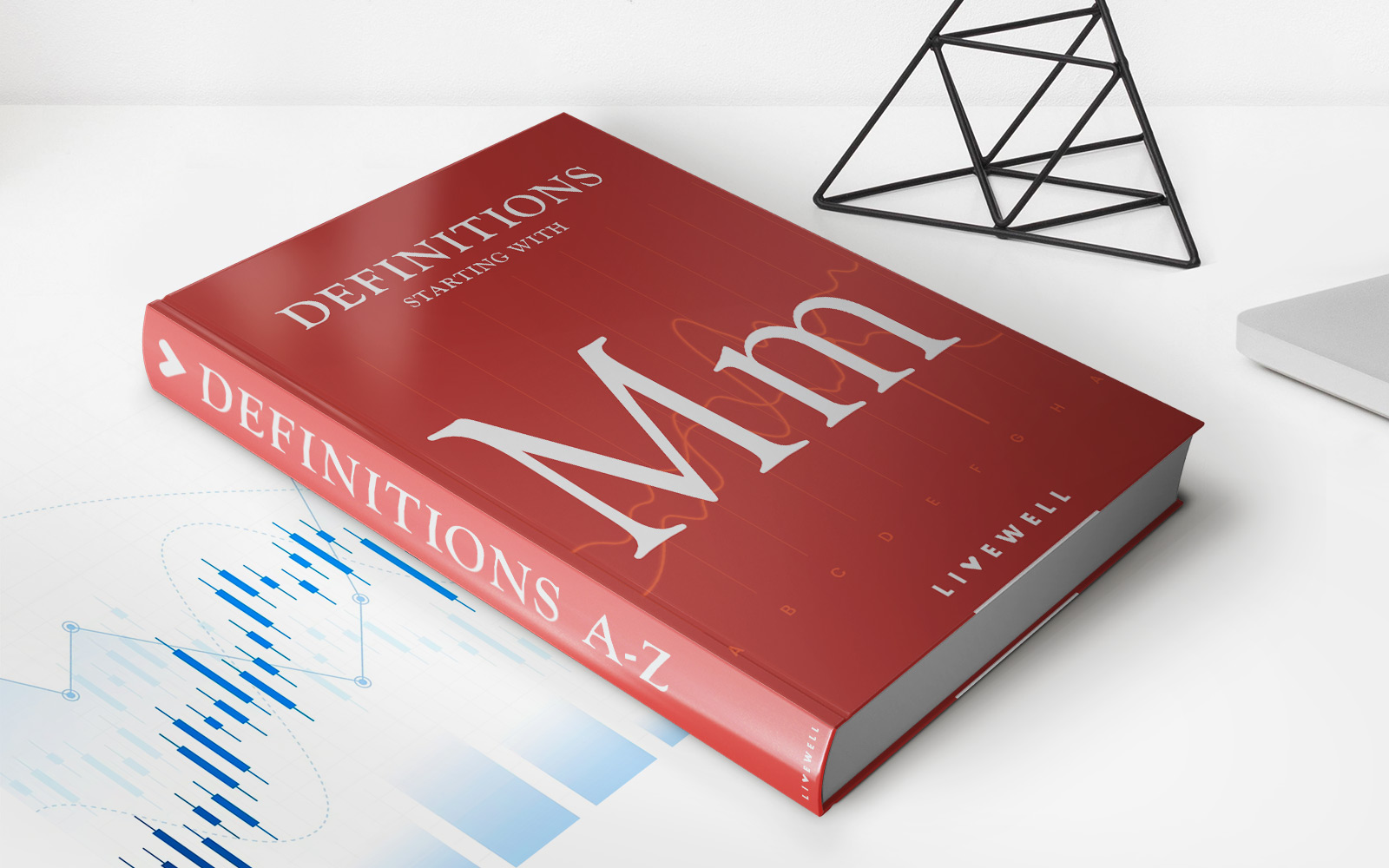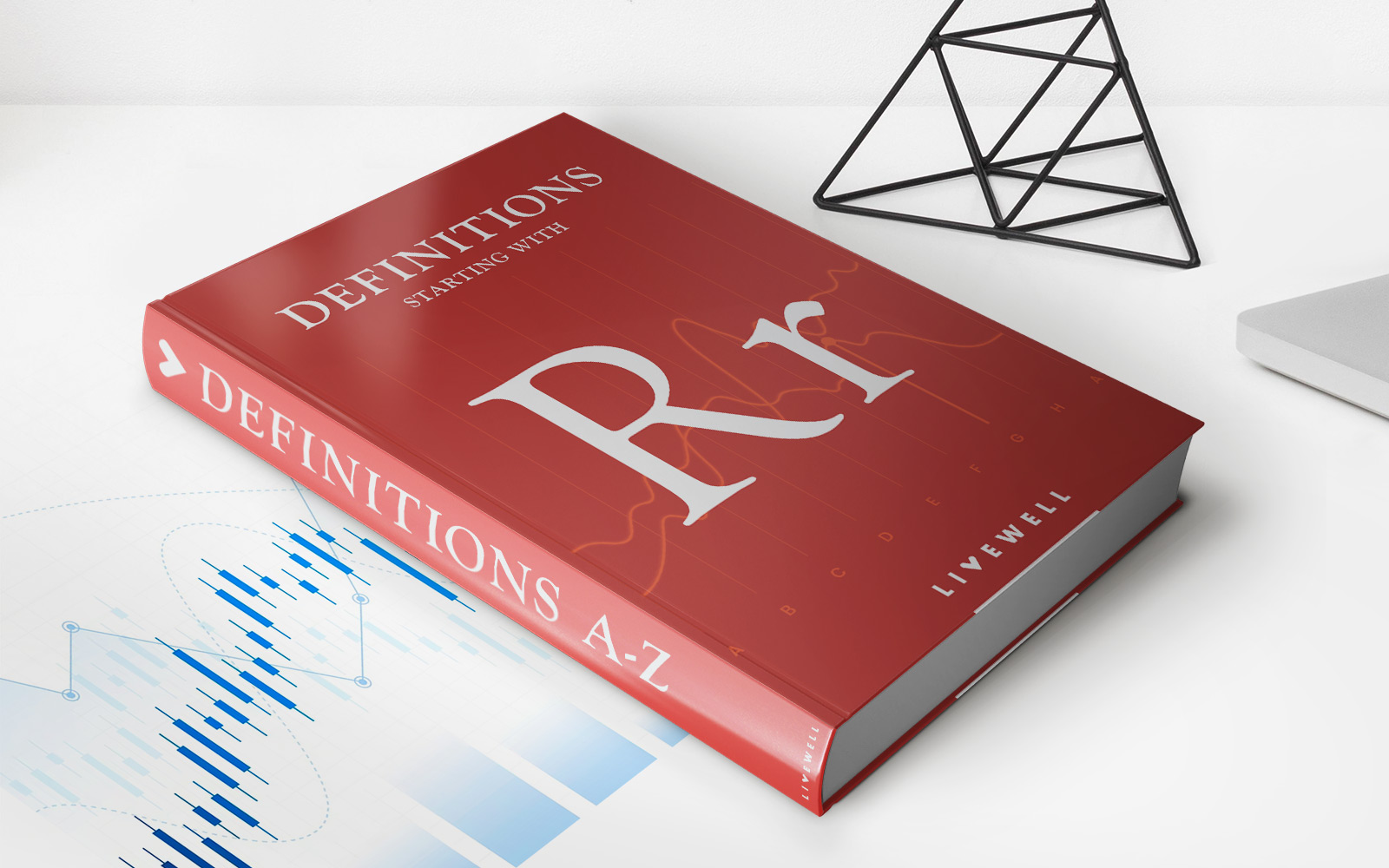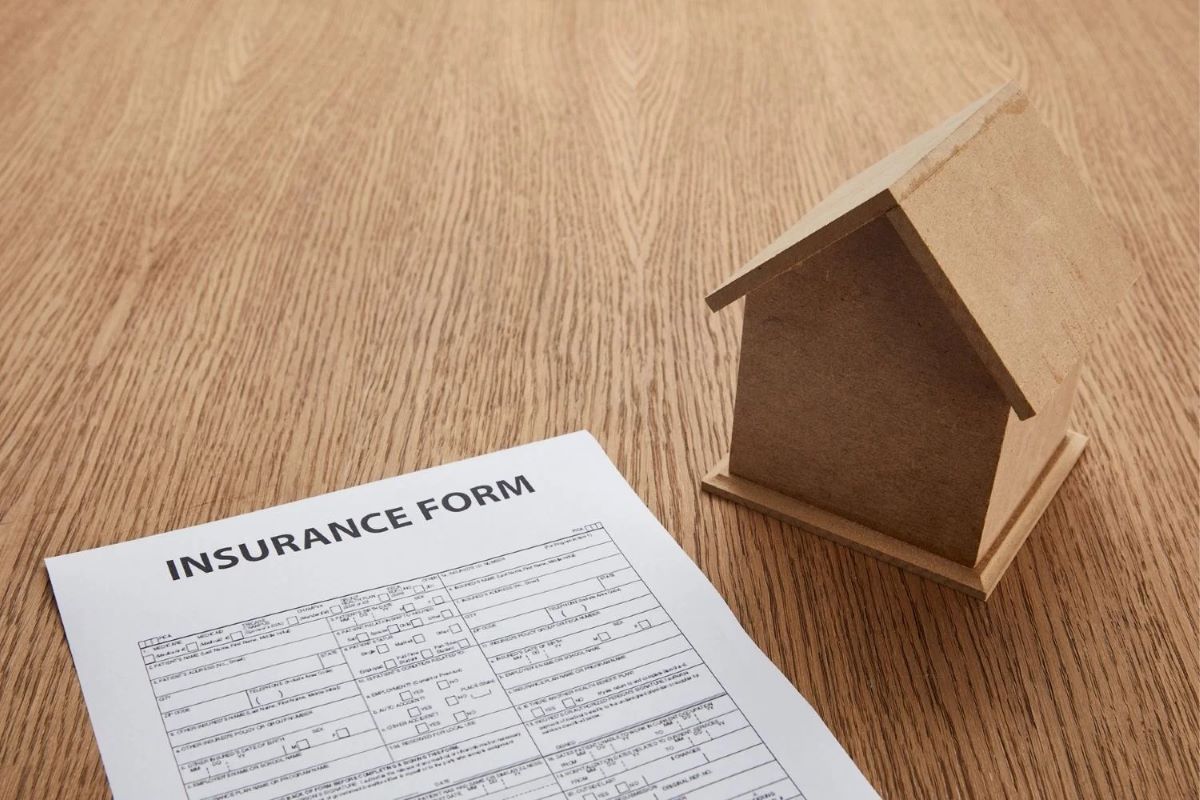

Finance
How Much Is Landlords Insurance?
Published: November 9, 2023
Find out how much landlords insurance costs and protect your investment with comprehensive coverage. Get a finance-friendly quote today!
(Many of the links in this article redirect to a specific reviewed product. Your purchase of these products through affiliate links helps to generate commission for LiveWell, at no extra cost. Learn more)
Table of Contents
Introduction
Welcome to our comprehensive guide on landlords insurance! If you are a landlord or considering becoming one, it is crucial to understand the importance of having appropriate insurance coverage for your rental property. Landlords insurance provides financial protection against various risks and liabilities associated with renting out a property.
Being a landlord can be a rewarding endeavor, but it also comes with its fair share of risks. From property damage caused by tenants to unexpected legal liabilities, there are numerous potential hazards that can arise when you lease a property. That’s where landlords insurance comes in.
Landlords insurance is specifically designed to safeguard landlords from financial losses resulting from property-related issues. It typically includes coverage for property damage, liability claims, loss of rental income, and legal expenses. While not legally required in most cases, having adequate insurance coverage is highly recommended to protect your investment and provide you with peace of mind.
Before we delve into the cost of landlords insurance and ways to save money, let’s first explore the various factors that can influence the premiums you’ll pay for this type of coverage. Understanding these factors will help you make informed decisions when selecting an insurance policy that suits your needs and budget.
Factors that Affect Landlords Insurance Premiums
When it comes to determining the cost of landlords insurance, several factors come into play. Insurance companies consider these factors to assess the level of risk they will be taking on by insuring your rental property. Here are some key factors that can influence your landlords insurance premiums:
- Location: The location of your rental property plays a significant role in determining the insurance premium. Properties located in areas prone to natural disasters, such as hurricanes or earthquakes, may attract higher premiums due to the increased risk of property damage.
- Type of property: The type of property you own will impact the insurance premium. For instance, a single-family home may have lower premiums compared to a multi-unit apartment complex.
- Property age: The age of the property can affect the insurance premium. Older properties may have outdated wiring, plumbing, or structural issues, which can increase the risk of damage and lead to higher premiums.
- Property value and replacement cost: The value of the property and the cost to rebuild or replace it are considered when determining the insurance premium. Higher-value properties or properties with unique features may incur higher premiums.
- Security features: The presence of security features in your rental property, such as burglar alarms, smoke detectors, and security cameras, can help lower the insurance premium as they reduce the risk of theft, vandalism, and fire damage.
- Claims history: If you have a history of insurance claims on your rental property, it can impact your premiums. Insurance companies may consider you a higher-risk landlord and quote higher premiums to compensate for the increased likelihood of future claims.
- Policy deductibles: The deductible is the amount you are responsible for paying out of pocket before your insurance coverage kicks in. Choosing a higher deductible can lower your premiums, but it also means you will shoulder more of the financial burden in the event of a claim.
- Coverage limits: The level of coverage you choose for your rental property will impact the insurance premium. Higher coverage limits generally result in higher premiums.
- Additional coverage: Depending on your needs, you may opt for additional coverage options such as loss of rental income or landlord liability insurance. These additional coverages will add to the overall cost of your policy.
It’s important to review these factors with your insurance provider to understand how they impact your premium and make sure you have the appropriate coverage for your rental property. Now that we’ve discussed the factors that affect landlords insurance premiums, let’s move on to explore the different coverage options available for landlords insurance.
Coverage Options for Landlords Insurance
Landlords insurance offers a range of coverage options to protect your rental property and mitigate potential risks. Here are the most common coverage options you can consider:
- Property Damage: This coverage protects your rental property from physical damage caused by perils such as fire, storm, vandalism, or theft. It typically includes the building structure, fixtures, and fittings. Make sure to review the policy to understand what is and isn’t covered.
- Liability Insurance: Liability coverage is essential for landlords as it protects against legal claims made by third parties for bodily injury or property damage that occurs on your rental property. This coverage can help cover legal fees, medical expenses, and damages awarded in a lawsuit.
- Loss of Rental Income: This coverage option provides compensation for lost rental income if your property becomes uninhabitable due to a covered peril such as fire or water damage. It helps supplement your lost rental income during the repair or rebuilding process.
- Landlord Contents Insurance: While tenants are typically responsible for insuring their own belongings, landlord contents insurance provides coverage for any furniture, appliances, or other items you provide as part of a furnished rental property.
- Legal Expenses: This coverage helps cover legal fees associated with evicting a tenant, pursuing legal action for unpaid rent, or defending yourself against tenant claims. Legal expenses can quickly add up, so having this coverage can provide valuable financial protection.
- Flood Insurance: Standard landlords insurance policies often exclude coverage for flood damage. If your rental property is located in a flood-prone area, it’s crucial to consider adding a separate flood insurance policy to protect against water damage caused by flooding.
- Earthquake Insurance: Similar to flood insurance, earthquake coverage is typically not included in standard policies. If your rental property is situated in an earthquake-prone region, it’s prudent to invest in earthquake insurance to safeguard your investment.
When selecting coverage options for your landlords insurance, it’s important to carefully assess your needs and consider the specific risks associated with your rental property. By customizing your policy to suit your circumstances, you can ensure that you have adequate protection in place. Now that we understand the coverage options available, let’s move on to the average cost of landlords insurance.
Average Cost of Landlords Insurance
The cost of landlords insurance can vary depending on several factors, including the location, type of property, coverage limits, deductible, and additional coverage options chosen. On average, landlords can expect to pay between $500 and $2,000 per year for insurance coverage.
The location of your rental property is a significant factor in determining the cost of insurance. Properties located in areas prone to natural disasters or with higher crime rates may have higher premiums due to the increased risk of damage or theft. Furthermore, the type of property also plays a role in pricing. A single-family home may have lower insurance costs compared to a multi-unit apartment building.
The coverage limits and deductible you choose will also impact the cost of landlords insurance. Higher coverage limits and lower deductibles will result in higher premiums, as they provide increased protection and financial support in the event of a claim.
Additionally, factors such as the age and condition of the property, security features, and claims history can also influence the cost of insurance. Older properties or those with a history of insurance claims may have higher premiums as they carry a higher risk of damage or liability.
It’s worth noting that the cost of landlords insurance can vary significantly from one insurance provider to another. It’s essential to shop around and compare quotes from multiple insurance companies to ensure you are getting the best coverage at a competitive price.
Keep in mind that while cost is an important consideration, it shouldn’t be the sole determining factor when selecting insurance coverage for your rental property. It’s crucial to evaluate the coverage options, policy terms, and the financial stability and reputation of the insurance company to ensure you have adequate protection.
Now that we have explored the average cost of landlords insurance, let’s move on to discover some effective ways to save money on landlords insurance.
Ways to Save Money on Landlords Insurance
While landlords insurance is an essential investment for protecting your rental property, there are several strategies you can employ to save money on your insurance premiums. Here are some effective ways to lower the cost of your landlords insurance:
- Compare Multiple Quotes: Obtain quotes from different insurance providers to compare coverage options and pricing. This will help you find the most competitive rates for the coverage you need.
- Bundle Policies: Consider bundling your landlords insurance with other policies you may have, such as your own home insurance or auto insurance. Many insurance companies offer discounts for bundling policies.
- Increase Deductibles: Opting for a higher deductible can lower your insurance premiums. However, ensure that you can comfortably afford to pay the deductible out of pocket in the event of a claim.
- Improve Property Security: Enhance the security measures in your rental property, such as installing smoke detectors, burglar alarms, and deadbolt locks. This can reduce the risk of property damage or theft and may lead to lower insurance premiums.
- Maintain a Good Claims History: Avoid frequent insurance claims, as a history of claims can result in higher premiums. Instead, focus on maintaining your property, conducting regular inspections, and promptly addressing any maintenance issues.
- Consider Higher Deductible Options: Some insurance providers offer policies with a higher deductible option specifically for landlords. This can help reduce your premiums while still providing essential coverage for significant losses.
- Review Coverage Regularly: Regularly review and reassess your insurance needs. As your rental property evolves, you may need to adjust your coverage. For example, if you sell some of your furnishings, you may no longer need landlord contents insurance, thus reducing your premiums.
- Pay Annually: Opting to pay your insurance premium as a lump sum annually instead of monthly can sometimes yield cost savings. Many insurers offer discounts for paying upfront.
- Focus on Risk Management: Take proactive steps to minimize risks on your rental property, such as conducting thorough tenant screenings and implementing a strict lease agreement. This can help reduce the likelihood of property damage or liability claims, ultimately resulting in lower insurance premiums.
- Seek Professional Advice: Consider consulting with an insurance broker or agent who specializes in landlords insurance. They can provide valuable insights and guidance to help you find the most cost-effective insurance options tailored to your specific needs.
Implementing these cost-saving strategies can help you secure the necessary coverage for your rental property while keeping your insurance premiums affordable. Be sure to consult with your insurance provider and carefully review the terms and conditions of your policy to ensure you have the appropriate coverage in place.
Now that we have explored ways to save on landlords insurance, let’s conclude our guide on this important aspect of being a landlord.
Conclusion
Landlords insurance is a crucial investment for protecting your rental property and mitigating potential risks. It provides coverage for property damage, liability claims, loss of rental income, and legal expenses. While the cost of landlords insurance can vary based on factors such as location, property type, coverage limits, and deductible, it is an expense that all landlords should consider in order to safeguard their investment.
Throughout this guide, we have discussed the factors that can influence your landlords insurance premiums, including the location of your property, property type, age, security measures, claims history, and chosen coverage options. Understanding these factors will help you make informed decisions when selecting insurance coverage that aligns with your needs and budget.
We explored the various coverage options available for landlords insurance, such as property damage, liability insurance, loss of rental income, landlord contents insurance, legal expenses, flood insurance, and earthquake insurance. By customizing your policy to suit your specific needs, you can ensure that you have proper protection in place for your rental property.
Additionally, we provided valuable tips on how to save money on landlords insurance. By comparing quotes, bundling policies, increasing deductibles, improving property security, maintaining a good claims history, and regularly reviewing coverage needs, you can potentially lower your insurance premiums while still maintaining adequate protection.
Remember, it’s important to carefully evaluate your insurance options and select a reputable insurance provider. By doing so, you can have peace of mind knowing that your rental property is covered in the event of unforeseen circumstances.
As a landlord, protecting your investment should be a top priority. Landlords insurance offers the financial protection and peace of mind you need to navigate the complexities of property management. By understanding the factors that affect insurance premiums, choosing the right coverage options, and implementing cost-saving strategies, you can effectively manage risk and ensure the long-term success of your rental property.
We hope this guide has provided you with valuable insights into landlords insurance. If you have any further questions or require assistance, feel free to consult with an insurance professional who can guide you through the process of selecting the most suitable coverage for your specific needs. Protecting your rental property with comprehensive insurance coverage is an investment that will pay off in the long run.






